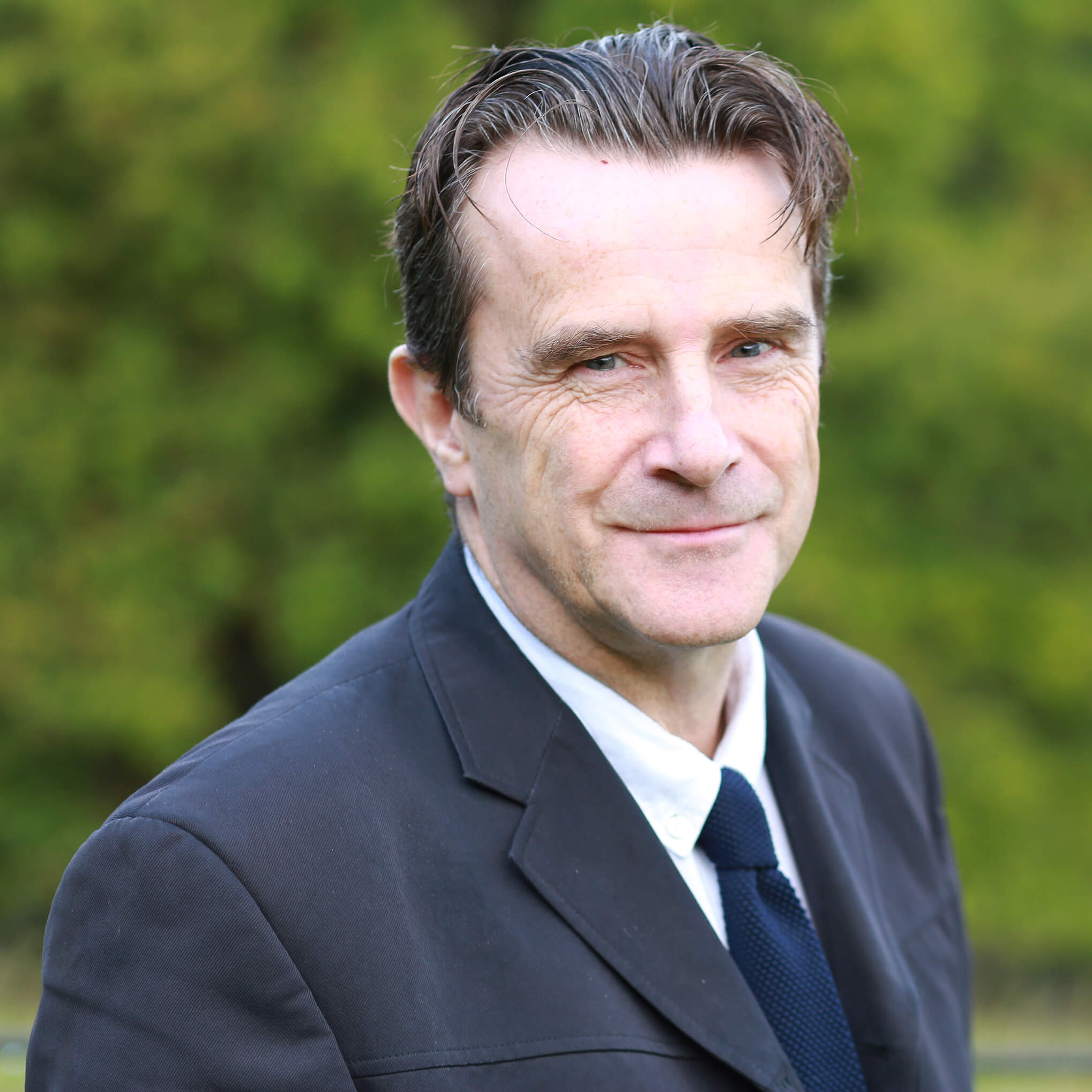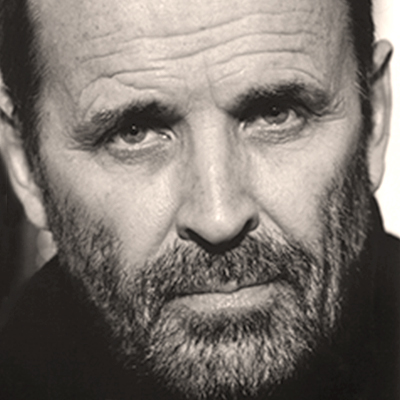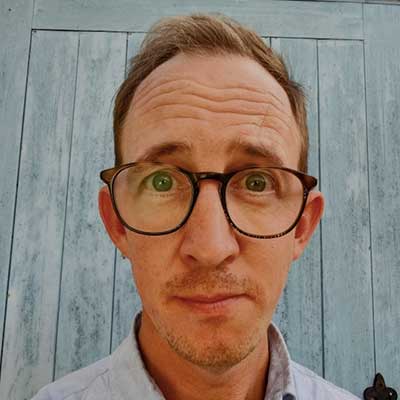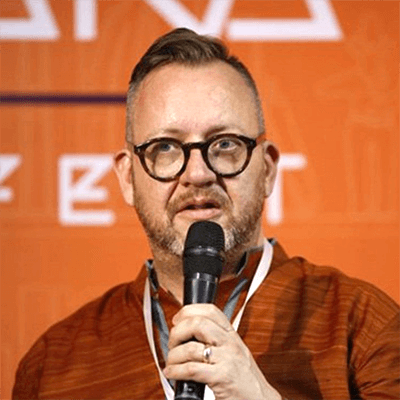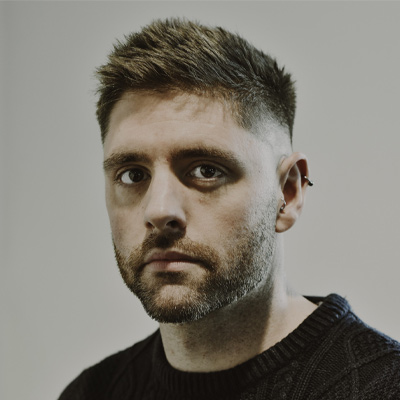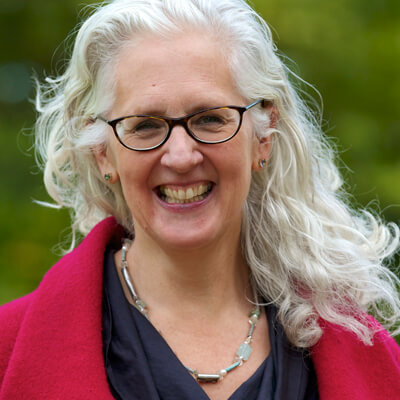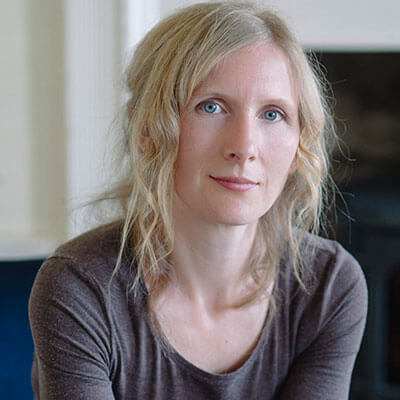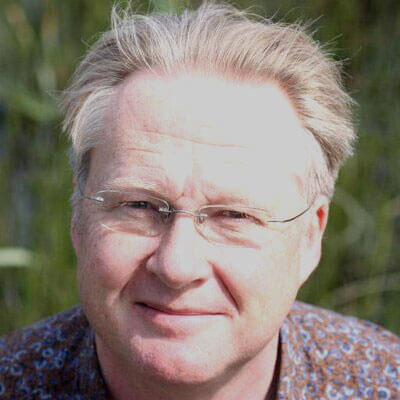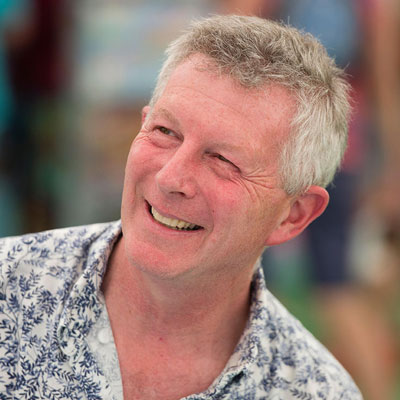Creative Writing PhD
Postgraduate degree
This Creative Writing PhD has a reputation as one of the UK’s leading doctoral programmes.
- Taught by teams of published creative writers and literary scholars.
- Staff have expertise in fiction, poetry, writing for young people, narrative non-fiction and scriptwriting.
- Speakers at our annual series of Open Lectures and Readings include PhD students and contemporary writers.
The PhD in Creative Writing combines a proposed manuscript (e.g. novel, short story collection, poems, playscript, narrative non-fiction, digital writing) with an element of supporting or contextualising research. The proposed creative manuscript will be volume length (the natural length of a book, depending on genre). The supporting research will be 20,000 words.
A large number of our graduates have successful careers as writers and many have secured academic jobs. We encourage our students to publish and offer an exciting variety of research training opportunities through our campus-based and international low-residency streams.
We receive a large number of applications for the PhD in Creative Writing, and are extremely selective in our recruitment. Criteria for selection include the viability of the proposal, the strength of the creative writing sample, the applicant’s academic and creative writing experience and achievements, and the ability of the University to support the applicant with appropriate supervision and resources. Applicants for this programme will normally hold a first or upper second class honours degree (or equivalent), as well as an MA in Creative Writing with Distinction (or comparable achievement).
PhD structure
The emphasis is not on creating two separate pieces of work, but on integration, on purposeful exploration through practice: an interdependent programme of contextual and practice-based creative work.
Both sections of the PhD must contain work of publishable quality. In the case of the contextualising research, this might mean some of the material could be turned into an article for an academic journal, but this element of the PhD must contain original, rigorous research. Together - taken as a whole - the contextual and creative elements must make a new contribution to knowledge.
This is an independent research programme; there are no timetabled modules but you’ll need to attend supervision sessions as negotiated with your supervisors as well as monthly specialist PhD in Creative Writing forums. The frequency of supervisory sessions may vary depending on the stage of research, and whether you are full or part time, but in general these meetings would take place every couple of weeks.
There are also research training events throughout the year that will aid in your research, as well as specialist PhD in Creative Writing forums that meet eight times a year.
Paid employment
Full time students are expected to work full-time on their research and should not undertake more than six hours of formal duty or paid work in any given week.
Part time students are expected to be working on their research for half of the working week but there are no specific restrictions on paid employment.
Students will, however, need to find ways to negotiate the balance between their study and their employment as they are likely to run into difficulty if they do not give the research as much time as it requires.
Together, the student and the supervisory team negotiate a series of assignments and activities that help to advance the student’s own work while at the same time equipping them with the knowledge and techniques they need to complete their PhD research.
Examples of activities might include a student’s presentation of their creative writing at a PhD Master Class Writing Workshop, the submission of a treatment to a publisher, attendance of professional events hosted by the University (for example, talks by agents, publishers and writers) or leading some undergraduate creative writing seminars.
Research training might take the form of a series of one-to-one tutorials with a supervisor on the subject of their contextualising critical research, for example on narrative theory, or the presentation of a paper at a relevant academic conference, or the targeting of academic journals with material for publication.
Each student, upon enrolment, has an individual meeting with the University’s Tutor Librarian to discuss his or her research needs. The Library and Information Service offers training in the use of their resources and on research methods and management. The University has excellent electronic resources and search engines, and is constantly updating and increasing this provision.
The Graduate College provides a series of generic training workshops for students (e.g. The Research Plan, The Viva, IT skills) and staff development workshops (e.g. The Progression Assessment Process, Appointing Examination teams).
An examination team assesses the PhD thesis and conducts an oral examination (viva) of the student. The examination team consists of one internal examiner and one external examiner (two external examiners if the candidate has a relationship with the University beyond their PhD work, for instance through regular hourly paid teaching during the twelve months before examination paperwork is submitted).
Opportunities
Wherever possible, we try to offer our PhD students teaching, as it is an important part of professional development. However, we do not like to do so until the second year of PhD research, when the research and writing are established and Progression Assessment has taken place. The availability of part time teaching varies from year to year, and all candidates for teaching will be subject to an interview with the relevant Subject Leader. In addition, we have been developing Graduate Teaching Assistant opportunities in the School of Writing, Publishing & the Humanities.
When it comes to academic posts, a PhD will be a requirement for some and will always help. As Creative Writing is relatively new in British higher education, quite a few people have secured jobs without having doctorates, but this may change gradually as more and more people complete PhDs.
The indispensable requirement if you want a permanent university job (as opposed to hourly paid teaching), is that you must be a published creative writer of some substance and reputation. It may well be that this AND the PhD will become the norm, though a successful enough writer will always be very attractive to departments.
An understanding of how university departments work, and the other administrative responsibilities associated with a lectureship, will also help. A PhD in Creative Writing should offer you this kind of professional development training.
The School hosts an annual series of Open Lectures and Readings. Speakers include PhD students as well as contemporary writers. Previous guests have included Les Murray, Helen Dunmore, DBC Pierre, Toby Litt, Mimi Khalvati and Kathleen Jamie.
Our first cohort for the Low Residency PhD in Creative Writing began their studies in October 2012 and we have been welcoming new cohorts annually since then.
Application timescale
Each year, the application cycle for recruiting the next low residency cohort opens in January and closes at the end of May. Interviews of shortlisted applicants then take place via Skype during late June or early July. The final decision on all shortlisted applicants is made in late July or early August. Successful applicants begin on 1 October of the year in which they apply.
Programme arrangements
You’ll work with a team of two supervisors. These staff members will be announced closer to the time that the successful applicants begin their study.
There will be one residency period each year. It will last for ten days, and will coincide with the Bath Literature Festival that usually takes place in May. During your residency periods, you’ll work intensively at Bath Spa with your supervisors and other students, attending workshops and training events.
The programme is intensive. You’ll have video tutorials every two to three weeks over the academic year, in which your work will be regularly discussed. Six times a year you’ll have major submission points.
You’ll engage with other students and staff. The cohort model aims to encourage a sense of community, and to give support and feedback on a regular basis. You’ll also participate in our monthly PhD forums via video link. As far as possible, the aim is to integrate our campus based and low residency streams of the PhD programme.
You’ll be subject to the same processes and quality check-points of enrolment, the research plan, annual monitoring, progression assessment, and viva as all of the University’s PhD students.
PhD timescale for submission: minimum of two years
The Low Residency PhD in Creative Writing programme is for full time International students only. It’s a structured programme for students who are strongly motivated to complete within a carefully circumscribed timescale, and have a clear idea of exactly what their PhD research and manuscript will entail.
You may work with extra intensity and submit your PhD after a minimum of two years. Indeed, the programme is designed to enable you to do this, though it also allows for students who may need more time. The time scale of your doctoral programme will be negotiated between you and your supervisors, and will depend upon your progress.
Fees
Please refer to our Postgraduate Fees page for further information.
We offer a PhD by Publication route for writers with a substantial publishing record (this could be fiction, non-fiction, poetry or screenplays).
The PhD by Publication is no less rigorous than the traditional route. No prior connection with the University is required, but the candidate must be an active researcher who has developed their skills to doctoral level.
They must demonstrate, through a critical commentary and either an extensive portfolio of creative work or publications, an independent and original contribution to knowledge. Research outputs may have been produced inside or outside academia, but must be available in the public domain.
Please note that there may be specific deadlines for application, and it is your responsibility to be aware of and adhere to these.
Visit the SWW DTP website for more information. Bath Spa University is a member of this AHRC funded Consortium.
Creative Writing is one of the subjects covered by the partnership.
These studentships are open applicants from the UK and EU. Further information about eligibility can be found on the SWW DTP website.
Some additional advice for DTP applicants/remarks about the DTP follows here.
You'll need to identify two supervisors from two different DTP institutions, who, together, will provide the expertise you need to support your research. It will be helpful for you to go through the members of staff in the appropriate disciplines to identify potential supervisors, and to write to them with to see if they would be willing to be involved, should your application to the DTP succeed.
The process of application is different depending on whether you apply to the DTP or make an application directly to Bath Spa. For a Bath Spa only application, we assess the materials and then consider how best we can support the students with supervisors.
For the DTP, because the different institutions can combine to offer so much, we like applicants to consider as imaginatively as possible how they might benefit from this. We want DTP applicants to feel free to envisage how this can work. So look at our profiles in the Creative Writing and English department, and at those of the other members of the Consortium, and think about who your dream team might be.
If you're not successful with the DTP, and wish to apply to Bath Spa for a self-funded place, then write to our Graduate School letting us know. You're required to apply to Bath Spa at the same time as the DTP. After the DTP process, we will then assess your application for a Bath Spa place if you would like us to do so.
Develop a wealth of indispensable digital skills that you can take into your future career. One of only three Adobe Creative Campuses in the UK, we provide all Bath Spa students with access to the full Adobe Creative Suite, giving you the tools to communicate creatively, whatever your course or chosen professional field.
Research environment
Our Creative Writing PhD students constitute a writing and research community. The School’s Research Centre for Creative Writing sponsors a range of events and activities, some specially arranged for PhD students, and most of which are open to them to attend. These activities include a series of visits in which literary agents, published writers of all genres, and editors present talks and answer questions.
The Programme Leader for the PhD in Creative Writing organises training events exclusively for Creative Writing PhD students and their supervisors.
Specialised research training is given through a programme of Writing Workshop Forums and Master Classes in which students take it in turns to have their writing workshopped by other Creative Writing PhD students, supervisors, and a published writer from outside the institution. Writers who have led Master Classes include the literary agent and novelist Anna Davis; the novelist Maggie Gee; the novelist Mo Hayder; the poet and scriptwriter Michelene Wandor; the poet, memoirist and novelist John Burnside; the literary agent Will Francis; the literary agent Euan Thorneycroft; and the novelist Christopher Nicholson and the novelist Tim Weaver.
All enrolled and registered Creative Writing PhD students are invited to participate in these Master Classes and Forums.
Our monthly PhD in Creative Writing Forums are an important strand in our continuous provision of specialist research training for Creative Writing PhD students, and an opportunity to develop further our postgraduate community. Here, the focus is on an extract from the contextualising research or the creative manuscript of the student’s PhD work; in either case, many of the same workshop principles and methods we use in the creative writing workshop operate.
These forums are convened by the PhD in Creative Writing programme leader or other experienced member of the team. Guest supervisors and other colleagues, as well as PhD students, participate. The forums benefit students who may be at quite different points in their work: from a student working on their first chapter, to a student who needs feedback on the final draft of their introduction or abstract before submission.
Unless you have applied and been accepted onto the low residency, full time programme, it is important that you live within reasonable travel distance of the University. Although it is not a ‘taught’ degree in the sense of regularly occurring modules or classes, the PhD in Creative Writing is not a distance-learning programme; it is a residency-based PhD.
Staff and supervisors
Professor Tracy Brain, Programme Leader, PhD in Creative Writing
t.brain@bathspa.ac.uk
+44 (0)1225 875653
Professor John Strachan, Pro-Vice-Chancellor (Research and Enterprise), Head of the Graduate College
j.strachan@bathspa.ac.uk
+44 (0)1225 876292
Our students work closely with a team of two supervisors - a mixture of accomplished creative writers and literary scholars. The different strengths of your supervisors will come into play with the different aspects of your research. One may have a stronger role in supporting your work on your creative manuscripts, for instance, while the other possesses expertise in your area of critical research.
Among your supervisors will be a Director of Studies, upon whom the administrative load of your PhD work will fall. He or she completes, assembles and submits the paperwork that accompanies your research plan; completes the annual monitoring report on your progress that is submitted to the School each May; and organises your progression assessment, PhD submission, examination panel and viva.
Please note that the Director of Studies does not have more or less input into your research and writing than your other supervisors.
It is not necessary to discuss your proposal with Bath Spa University staff before applying as part of what we are looking for is an applicant's ability to conceptualise, research and rationalise both components of their PhD. However, you are very welcome to contact Creative Writing staff in advance of applying, and/or to address any specific questions relating to DTP funding or potential supervision to the programme leader (Tracy Brain).
On receipt of your proposal, appropriate supervisors will be selected carefully by members of the Creative Writing team in consultation with the Dean of the College, the Programme Leader for the PhD in Creative Writing, and other Heads of Department.
We only accept students for whom we can provide appropriate supervision; the final decision on which staff will work with a given student is a matter for the senior academic staff and the Head of School.
Fees
| Student | Annual tuition fee |
|---|---|
| UK full time | £8,050 |
| UK part time | £4,025 |
| International full time (low residency) | £21,055 |
| International full time (campus-based) | £17,485 |
Additional course costs
You may need to pay additional course costs over and above your tuition fees, for example, for specialist equipment or trips and visits. Please check the course Programme Document (linked under the main image on this page) for details of any additional costs. You can also read our Additional Course Costs Policy for further information.
Funding opportunities
Please visit our Funding pages for an overview of the funding options that may be available, including scholarships and bursaries.
Interested in applying?
Our Creative Writing PhD students come from a variety of academic backgrounds, nationalities, and writing experiences, but what successful applicants have in common is enormous writing talent and potential, and the commitment and ability to engage critically with the contexts in which they write, and the processes and techniques they employ.
We would normally expect applicants for this programme to hold a first or upper second class honours degree (or equivalent), as well as an MA in Creative Writing with Distinction (or comparable achievement, such as an MFA in which the applicant averages A/A+). We certainly expect evidence of an exceptional level of creative writing achievements and experience, as well as the ability to engage in the supporting research.
Applications are considered by at least two specialists in the applicant’s proposed area, who then decide if the applicant should be called to interview. If the applicant is called to interview, a panel of three interviewers is assembled, consisting of a chair, a potential Director of Studies who is an expert in the proposed field/genre, and an academic member of staff from another subject area.
Begin your application or find out more on our how to apply page. Low residency applications (international students only) can also be completed online.
Your research proposal must be submitted using the Bath Spa University Research Proposal Form. Within the different sections of the form, be sure that you provide a clear account of the proposed creative manuscript, the proposed contextualising research, and the integral relationship between these two strands. Your writing sample should be in two parts. The first part (6 double-spaced pages) should demonstrate the best example you have of your ability to write in your proposed PhD genre. The second part (4 double-spaced pages) should demonstrate your critical ability.
You can get in touch with our Graduate College at pgradmissions@bathspa.ac.uk.
Admissions service
Phone: +44 (0)1225 876180
Email: pgradmissions@bathspa.ac.uk
Academic representative: Professor Tracy Brain
Phone: +44 (0)1225 875653
Email: t.brain@bathspa.ac.uk
- Award
- PhD Creative Writing
- School/s
- School of Writing, Publishing and the Humanities
- Course length
- 24 months (minimum) to 60 months (maximum).
Entry requirements
Our Creative Writing PhD students come from a variety of academic backgrounds, nationalities, and writing experiences, but what successful applicants have in common is enormous writing talent and potential, and the commitment and ability to engage critically with the contexts in which they write, and the processes and techniques they employ.


